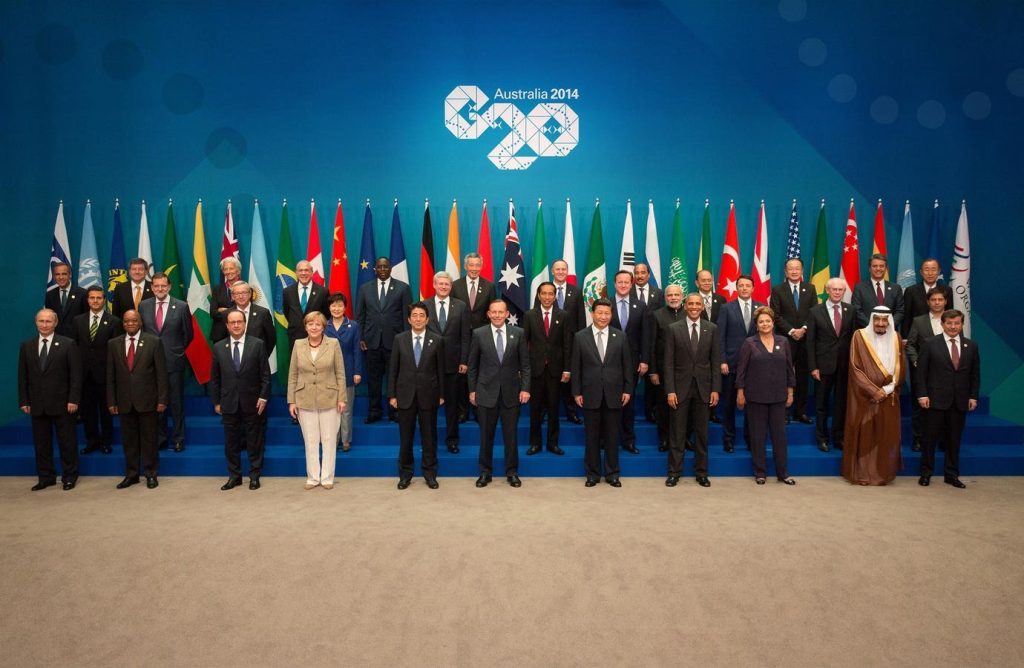The global digital economy finds itself at a crucial juncture. As protectionist sentiments gain traction, particularly in the United States, countries grapple with the complexities of implementing digital service taxes (DSTs) aimed at ensuring multinational tech companies contribute their fair share of taxes in the markets where they operate. These DSTs, while seen as essential revenue streams for many nations, have sparked international friction, notably with the US, which views them as discriminatory against American tech giants. The central question now is not whether countries will implement DSTs – many already have – but how they can navigate the potential political and economic repercussions of acting unilaterally in the face of potential US retaliation. The path forward hinges on international cooperation and solidarity, particularly among regional blocs and developing nations, to establish a unified front and compel the US to engage in meaningful negotiations for a global solution like the OECD’s Pillar One.
Historically, the US has responded to DSTs with threats of trade sanctions and retaliatory measures, leveraging its economic power to dissuade smaller countries from adopting or maintaining these taxes. This “America First” approach presents a challenging dilemma for nations: implement DSTs and risk economic backlash, or concede and allow US tech companies to continue benefiting disproportionately from their markets. Unilateral action in this environment is both precarious and economically unsustainable. The core issue transcends mere tax policy; it delves into the fundamental question of whether nations can collaborate effectively to ensure a globally equitable digital economy. Regional alliances offer a critical pathway. A fragmented, uncoordinated approach makes individual nations easy targets for retaliation, while a united front presents a more formidable challenge.
Regional cooperation, such as a unified European Union policy on DSTs, offers several advantages. It distributes the risk of US retaliation among member states, demonstrating collective resolve and making targeted sanctions less effective. A coordinated approach also amplifies the region’s influence on the global stage, signaling seriousness about addressing tax inequities. This collaborative stance reinforces the message that fair taxation in the digital economy is a shared priority, not an isolated effort. Such solidarity makes it more difficult for the US to dismiss DSTs as simply discriminatory measures targeting American companies. Instead, it frames them as a necessary corrective to imbalances in the global tax system.
The optimal solution lies in the implementation of a multilateral framework like the OECD’s Pillar One, which aims to address the tax challenges arising from the digitalization of the economy. However, achieving this requires either widespread international agreement or sufficient pressure from regional coalitions to compel larger players, including the US, to participate constructively. Regional DSTs can be powerful leverage in these negotiations. While individual countries’ DSTs might be suppressed through targeted tariffs, a broad, regionally implemented DST necessitates a different response, potentially forcing the US to the negotiating table. Delaying action only solidifies the current impasse, perpetuating inequities in the global digital economy.
To further strengthen the case for fair digital taxation, regional coalitions like the EU should actively engage with developing nations, many of whom are already strong proponents of DSTs. These countries often face substantial revenue losses due to tax avoidance by multinational tech companies operating within their borders. For them, DSTs are not merely policy preferences but crucial for funding essential services. By forging a broader coalition that includes both developed and developing nations, the narrative shifts from one of targeted measures to a global fairness issue. This broader framing can effectively counter US arguments about discrimination and position DSTs as a necessary mechanism for correcting global tax imbalances.
Aligning with developing nations achieves several strategic objectives. First, it reframes DSTs as a tool for global equity, addressing the significant revenue losses developing countries experience due to tax avoidance by multinational tech companies. This counters the narrative that DSTs are solely targeted at US companies, portraying them instead as a means to redress imbalances in the global tax system. Second, a coalition encompassing both developed and developing economies complicates retaliatory actions. While individual countries or regions are vulnerable to trade sanctions, confronting a united front of the EU, the African Union, and other developing economies presents a far greater challenge. Finally, such a broad coalition sends a powerful message that the push for digital tax fairness transcends regional interests and reinforces the global nature of the issue. Collaboration between developed and developing states enhances the credibility and influence of multilateral tax reform efforts like Pillar One. Inaction risks perpetuating a system where market states bear the brunt of the inequities in the global digital tax system.
In conclusion, the future of digital taxation hinges on international collaboration. Regional solidarity, particularly within the EU, and alliances with developing nations are crucial for creating a unified front powerful enough to influence the US and drive meaningful progress towards a fairer global tax system. A coordinated approach strengthens negotiating power, enhances global credibility, and ultimately serves the interests of all stakeholders in the digital economy, ensuring that the benefits are shared equitably and sustainably. Without collective action, the current imbalances will persist, further disadvantaging market states and hindering the potential of the global digital economy.

